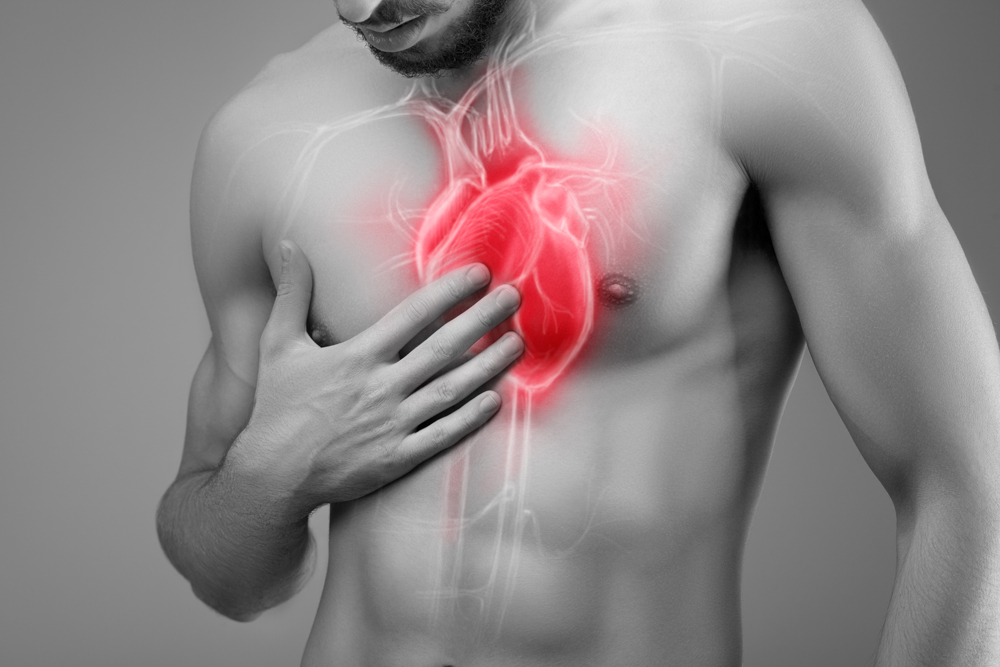Call Now
843-302-0920
Email Today
staff@RealHealthcareClinic.com

In the intricate tapestry of health, Homocysteine, an amino acid derived from the metabolism of methionine, has emerged as a crucial biomarker with far-reaching implications for cardiovascular and overall well-being. While often overshadowed by more commonly known markers, the significance of homocysteine levels cannot be overstated. In this article, we delve into the importance of getting your homocysteine levels tested from both a nutritional and medical perspective.
Homocysteine is a natural byproduct of protein metabolism, and under normal circumstances, it is converted into other amino acids or utilized in essential biochemical processes. However, when its levels become elevated, it transforms from a routine participant in cellular functions to a potential threat to cardiovascular health.
In conclusion, understanding and monitoring homocysteine levels offer a valuable window into cardiovascular and overall health. The insights gained from testing empower individuals and healthcare providers to implement targeted strategies, combining nutritional interventions, lifestyle modifications, and preventive measures for optimal well-being. As the saying goes, “Knowledge is power,” and in the realm of homocysteine, it is the key to unlocking a healthier tomorrow.